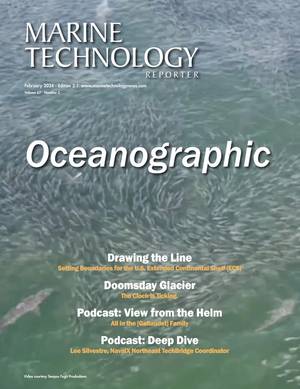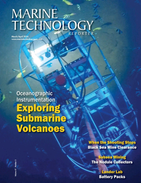US Awards $6.7 Million for Sea Level Rise and Coastal Resilience Research
NOAA’s National Centers for Coastal Ocean Science (NCCOS) is announcing $6.7 million in fiscal year 2023 funding that will be spent on 18 coastal resilience research projects across the nation.
“Coastal communities are on the front lines of climate change, and face challenges from sea level rise, coastal flooding and more frequent and intense storms,” said Rick Spinrad, Ph.D., NOAA Administrator. “These awards, including those funded through the Biden-Harris Administration's Inflation Reduction Act, are a key pillar of Bidenomics and will enhance NOAA’s efforts to help communities build economic and environmental resilience and develop solutions to a variety of coastal climate threats.”
Eight new and seven continuing awards are funded under NCCOS’ Effects of Sea Level Rise (ESLR) Program. These projects will help facilitate informed adaptation planning and coastal management decisions that account for the effects of sea level rise and climate change, and evaluate the use of nature-based solutions in mitigating coastal vulnerability and risk. Five of the eight new projects are funded under the Inflation Reduction Act (IRA), part of President Biden’s Investing in America agenda, which will allow NOAA to help communities prepare for, adapt to and build resilience to changing climate conditions.
New ESLR projects selected for funding include:
- Oregon State University and Pacific Northwest National Laboratory received $500,000 to evaluate tradeoffs between gray and green infrastructure approaches for flood risk reduction for two estuaries in the Pacific Northwest.
- (IRA-funded) Oregon State University received $500,000 to assess the environmental and economic tradeoffs of different management strategies for backshore dune environments in the Pacific Northwest.
- (IRA-funded) University of Georgia, U.S. Geological Survey and Embry-Riddle Aeronautical University received $500,000 to model nature-based flood mitigation projects to inform holistic coastal planning in the Gulf of Mexico coast.
- (IRA-funded) University of California, Irvine and University of Miami received nearly $500,000 to evaluate how nature-based solutions can empower more equitable flood risk management in Los Angeles County, California.
- (IRA-funded) George Mason University, The Nature Conservancy, Resources for the Future and Maryland Department of Natural Resources received nearly $500,000 to evaluate flood mitigation designs under future climate scenarios to inform restoration efforts in the Chesapeake Bay region.
- University of Texas at Arlington and University of Arkansas received nearly $500,000 to evaluate how different shoreline adaptation actions perform with sea level rise and storms in California.
- University of Rhode Island and Penn State University received over $360,000 to assess how nature-based solutions reduce coastal vulnerability to sea level rise while preserving ecosystem services in Rhode Island.
- (IRA-funded) U.S. Geological Survey and University of California Santa Cruz received over $324,000 to evaluate flood risk in linked coral and mangrove ecosystems in the U.S. Virgin Islands.
NCCOS is also funding projects through annual appropriations to improve coastal community response to sea level rise, including three projects led by the Cooperative Institute for Research to Operations in Hydrology (CIROH):
- (CIROH) University of Alabama received over $177,000 to develop nationally consistent coastal flood severity thresholds across the U.S.
- (CIROH) University of Alabama, University of Hawaii at Manoa and University of Hawai'i Sea Grant received nearly $500,000 to integrate local ecological knowledge into flood modeling, communication, and response across Hawai’i.
- (CIROH) University of Alabama and The Water Institute of the Gulf received over $284,000 to develop adjusted Digital Elevation Models (DEMs) to support marsh modeling.
“NOAA is a leader in providing timely and actionable data and information on sea level rise impacts along our coasts,” said Nicole LeBoeuf, director of NOAA’s National Ocean Service. “This funding will help communities move from understanding the risks associated with sea level rise to taking appropriate actions to protect their citizens, infrastructure and natural resources.”

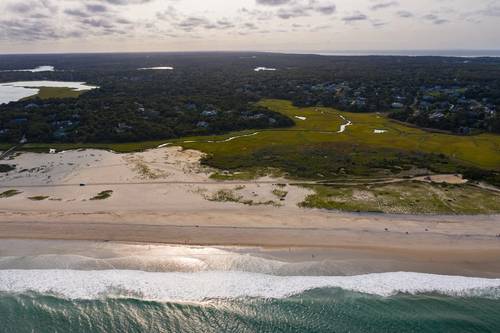
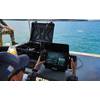


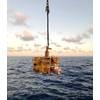
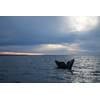
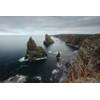







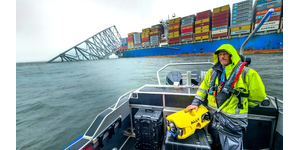
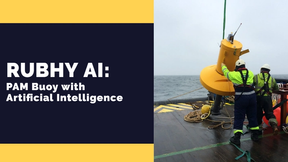
 February 2024
February 2024
